Across Education and Employment

American Association of Collegiate Registrars and Admissions Officers (AACRAO)
1108 16th Street NW, #400, Washington DC, 20036
AACRAO
AACRAO is a non-profit, voluntary, professional association of more than 11,000 higher education professionals who represent approximately 2,600 institutions in more than 40 countries. Founded in 1910 and as one of the oldest higher education associations in the United States, its mission is to provide professional development, guidelines, and voluntary standards to be used by higher education officials regarding the best practices in records management, admissions, enrollment management., administrative information technology and student services. AACRAO represents institutions in every part of the higher education community, from large public institutions to small, private liberal arts colleges.
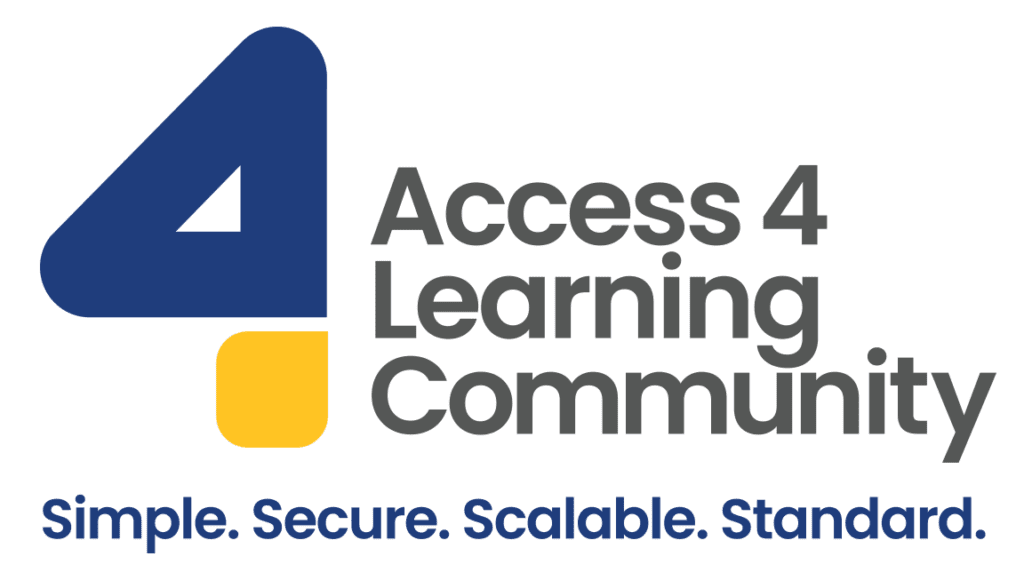
Access 4 Learning (Formerly SIFA)
1090 Vermont Ave NW, 6th Floor, Washington DC, 20005
Access 4 Learning
Founded in 1997, The Access 4 Learning (A4L) Community, previously the SIF Association, is a unique, non-profit collaboration composed of schools, districts, local authorities, states, US and International Ministries of Education, software vendors and consultants who collectively address all aspects of learning information management and access to support learning. We are a global community made up of educational policymakers, marketplace product and service providers and the customers they serve, collaborating daily to address real world learning information and resource issues. Its time to focus on USING data to impact learning to ensure the right information, in the right place, at the right time!
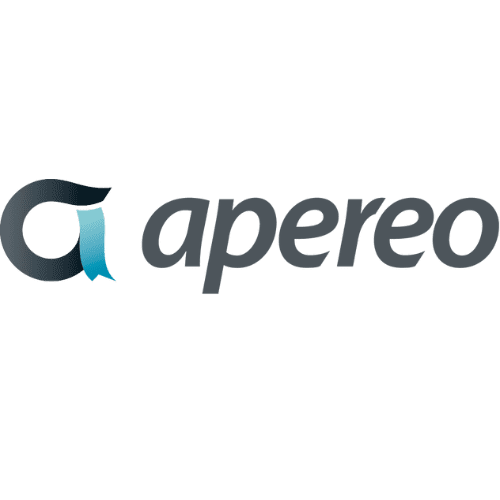
APEREO
APEREO
The Apereo Foundation’s mission is to help educational organizations deliver their mission, by developing and sustaining open-source software. Open-source software provides educational institutions with choices in a marketplace otherwise dominated by commercial-proprietary vendors. We play a major role in keeping the market honest and fostering innovation. Apereo has a noteworthy history celebrating two strong organizations, the Sakai Foundation and Jasig. Most significantly, our incubation process – reshaped after considerable community consultation – is about to graduate its first software communities. The process is providing benefits for both projects, in terms of structured support in their early stages, and adopters, in terms of clarity around the steps young projects have taken to guarantee Intellectual Property Rights and build a sustaining community. As part of the process of exploring a potential merger of the Sakai Foundation and Jasig, the two organizations produced a joint statement of their common values. Eighteen months after that merger, Apereo has made significant progress towards realizing its mission: providing a framework for communities to work together to sustain software supporting the delivery of the academic mission.

Association of Registrars of the Universities and Colleges of Canada
​www.ARUCC.ca
#200, 6 Crowfoot Circle N.W., Calgary, AB, T3G 2T3
ARUCC
ARUCC was created in 1964 in response to the professional needs of student administrative services personnel in universities and provides leadership in the post-secondary education field and service to its member institutions nationally and internationally, helping foster the advancement of registration practices in Canada. ARUCC strives to meet the needs of its members by adopting proactive measures reflecting changes in our professional environment. In 2017, ARUCC included over 150 member institutions and organizations – represented by almost 800 individuals – from all regions of Canada. Membership from the universities, colleges and institutes include registration support and services; admissions; recruitment; scheduling; systems and reporting; curriculum development; student records; student services; and other personnel representing key SEM offices, including from the areas of academic advising, fees, and student financial aid.
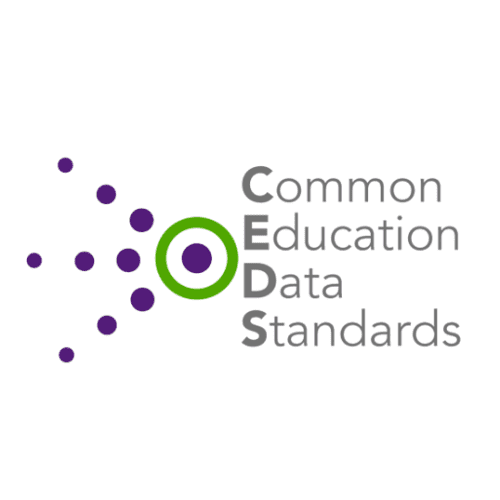
Common Education Data Standards (CEDS)
CEDS
CEDS is an education data management initiative whose purpose is to streamline the understanding of data within and across P-20W institutions and sectors. The CEDS initiative includes a common vocabulary, data models that reflect that vocabulary, tools to help education stakeholders understand and use education data, an assembly of metadata from other education data initiatives, and a community of education stakeholders who discuss the uses of CEDS and the development of the standard. CEDS is supported by the National Center for Education Statistics (NCES). Versions 1 through 5 of the standards were developed by a combination of a CEDS Stakeholder Group (including representatives from across the P20W field) and open meetings and conversations. Starting with Version 6, CEDS is developed and maintained by an open community that allows anyone to participate. When necessary, community members work in subgroups to focus expertise on a topic to be presented to the entire community for acceptance.

Credential Engine
Credential Engine
Credential Engine is a non-profit whose mission is to map the credential landscape with clear and consistent information, fueling the creation of resources that empower people to find the pathways that are best for them. We envision a future where millions of people worldwide have access to information about credentials that open their eyes to the full range of opportunities for learning, advancement, and meaningful careers. Credential Engine provides a suite of web-based services that creates for the first time a centralized Credential Registry to house up-to-date information about all credentials, a common description language to enable credential comparability and a platform to support customized applications to search and retrieve information about credentials. Read our Strategic Plan to learn more about what we do. Through an increasing array of credentials – such as degrees, licenses, badges, and apprenticeships – job seekers, students, and workers have more options than ever to help them get ahead. Yet, there has never been an efficient way to collect, search, and compare credentials in a way that can be both universally understood and maintained in a manner that keeps up with the speed of change in the 21st century. With nearly 1,000,000 confirmed credentials in the U.S. alone, and likely millions worldwide, this lack of information in the marketplace contributes to confusion and uninformed decision-making.
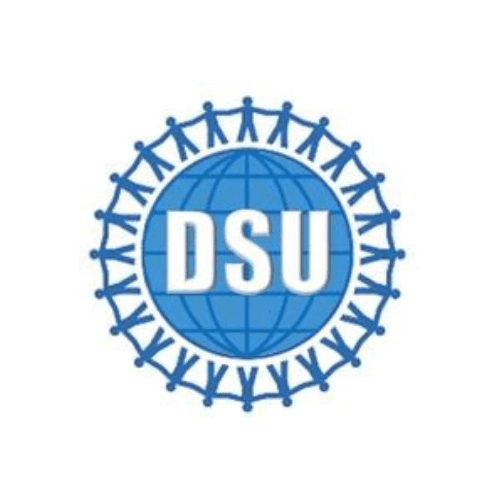
DSU – Data Standards United
DSU
DSU’s Vision is to collaborate and align standards to support the global education and workforce digital ecosystem. DSU’s Charter is to establish a “common ground” mechanism to coordinate and align disparate global data standards while respecting each organization’s independence across systems, platforms, networks, sectors, and industries, produced, or supported by the respective standards bodies. DSU’s Mission is to establish a sustainable collaborative of Data Standards Development Organizations (SDO) and their stakeholders across education, employment, and training sectors.
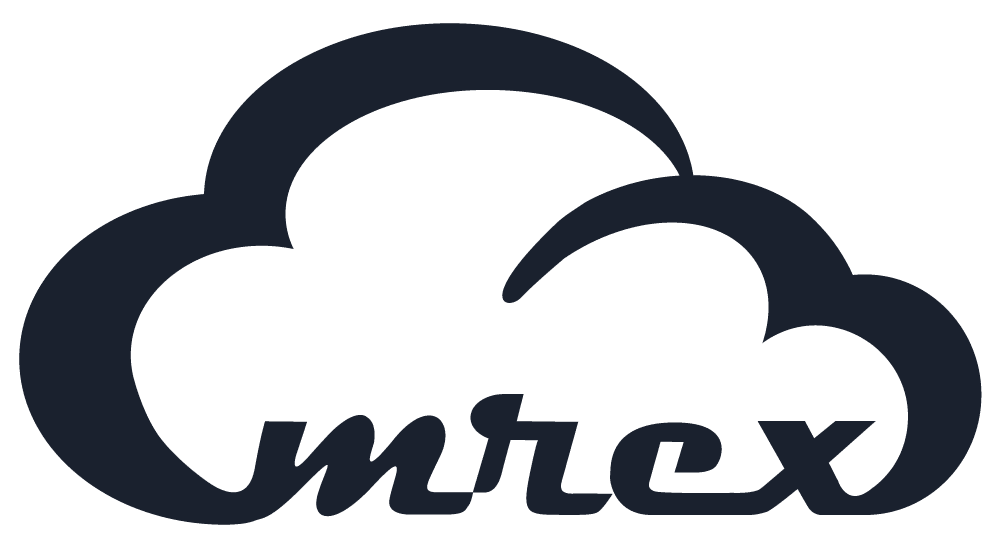
EMREX
EMREX
Launched in 2015, EMREX is the solution for electronic transfer of student records between higher education institutions in Europe. The project addresses the EU 2020 target that 20% of higher education students should be mobile. The biggest benefit of EMREX is the increased availability, quality and reliability of information about student records of achievement information. The EMREX field trial aims at testing new ways to make the administration of student mobility easier, promoting higher attainment level to student mobility in higher education, encouraging more effective recognition of prior learning and avoiding overlapping studies. In the first phase the trial is set-up between four Nordic countries (Norway, Finland, Denmark and Sweden) and Italy.
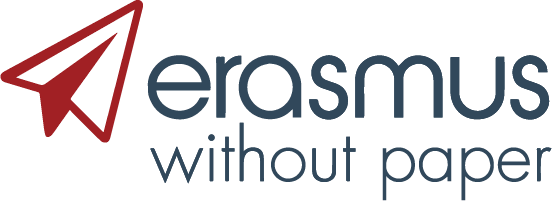
Erasmus Without Paper (EWP)
Ghent University
EWP
Launched in 2015, EWP is a consortium of 11 partner institutions composed of public institutions, higher education organizations, and companies from 8 European countries with a dissemination potential to over 400 HEIs from 36 European countries along with 11 associate partners. Together EWP has taken a bottom-up approach to influence the HEIs to exchange student information for mobility programmes fully in an electronic way by providing an evidence-based feasibility study with different use case scenarios and the practical solution to build connect all existing systems in one network. The EWP network is the first attempt to standardize student data transfer on a European-wide scale. It is important to note that the transfer does not involve documents themselves (e.g., scanned copies) but the data themselves that are contained in these documents, so that they can be used for the generation of various documents.
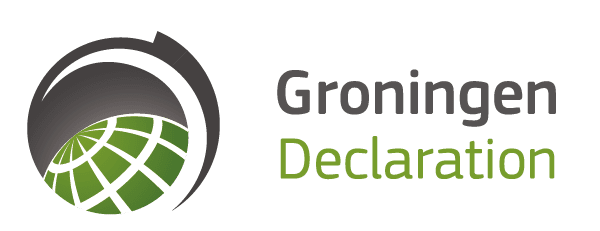
Groningen Declaration Network (GDN)
Nolenslaan 13 9722 NK GRONINGEN, The Netherlands
GDN
Founded in 2012, The Groningen Declaration seeks common ground in best serving the academic and professional mobility needs of citizens worldwide by bringing together key stakeholders in the Digital Student Data Ecosystem. We make Digital Student Data Portability happen. Citizens worldwide should be able to consult and share their authentic educational data with whomever they want, whenever they want, wherever they are.
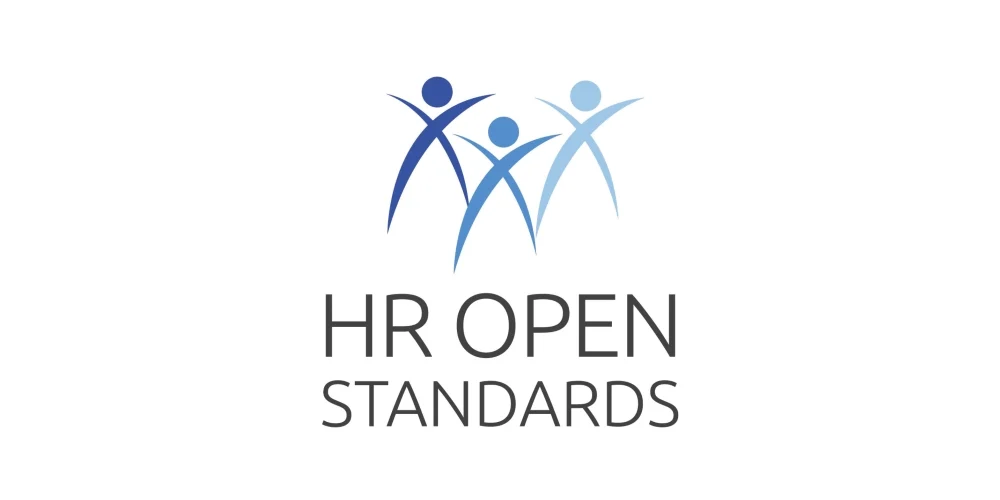
HR Open Standards
6140 S Gun Club Rd, Ste. K6 -398, Aurora, CO 80016
HR Open Standards
Founded in 1999 as the HR-XML Consortium, HR Open Standards is dedicated to the development and promotion of common specifications that simplify human resources-related data exchange. By championing collaboration and innovation, HR Open Standards leads standards development projects to save HR professionals time and money by providing employers, government, software and service providers with free, flexible, and comprehensive global HR interoperability standards. Visit the HR Open Standards website for more information and to download their free suite of HR-XML and HR-JSON data exchange standards.
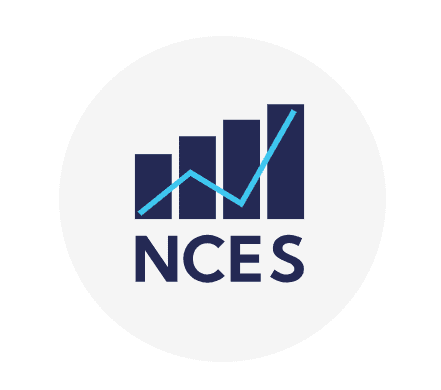
National Centre for Education Statistics
NCES
The National Center for Education Statistics (NCES) is the primary statistical agency of the U.S. Department of Education. It is one of thirteen principal federal statistical agencies1 whose activities are predominantly focused on the collection, compilation, processing, or analysis of information for statistical purposes.
NCES is located within the U.S. Department of Education’s Institute of Education Sciences (IES). NCES has a Congressional mandate to collect, collate, analyze, and report complete statistics on the condition of American education; conduct and publish reports; and review and report on education activities internationally.
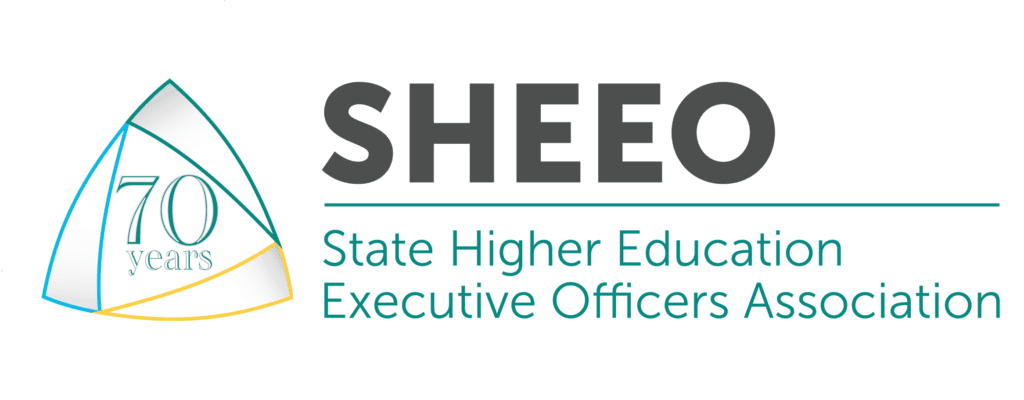
SHEEO – State Higher Education Executive officers
3035 Center Green Dr., Suite 100, Boulder, CO 80301
SHEEO
SHEEO is the national association of the chief executives of statewide governing, policy, and coordinating boards of postsecondary education. Founded in 1954, SHEEO serves its members as an advocate for state policy leadership, as a liaison between states and the federal government, as a vehicle for learning from and collaborating with peers, as a manager of multistate teams to initiate new programs, and as a source of information and analysis on educational and public policy issues. SHEEO seeks to advance public policies and educational practices to achieve more widespread access to and completion of higher education, more discoveries through research, and more applications of knowledge that improve the quality of human lives and enhance the public good.
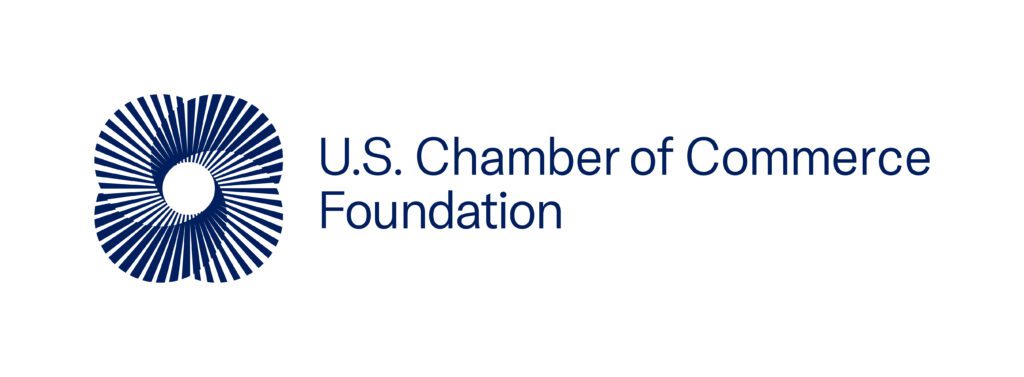
T3 Innovation Network – U.S. Chamber of Commerce Foundation
www.uschamberfoundation.org/t3-innovation
T3IN
Launched in 2018, the T3 Network’s mission is to accelerate the use of digital tools to make the job market fairer and more inclusive. We do this by making sure different systems can easily share information and by working together with various groups like employers, schools, data and technology organizations, and public agencies. The T3 Network has been at the forefront of using emerging technologies to improve education and employment opportunities.
